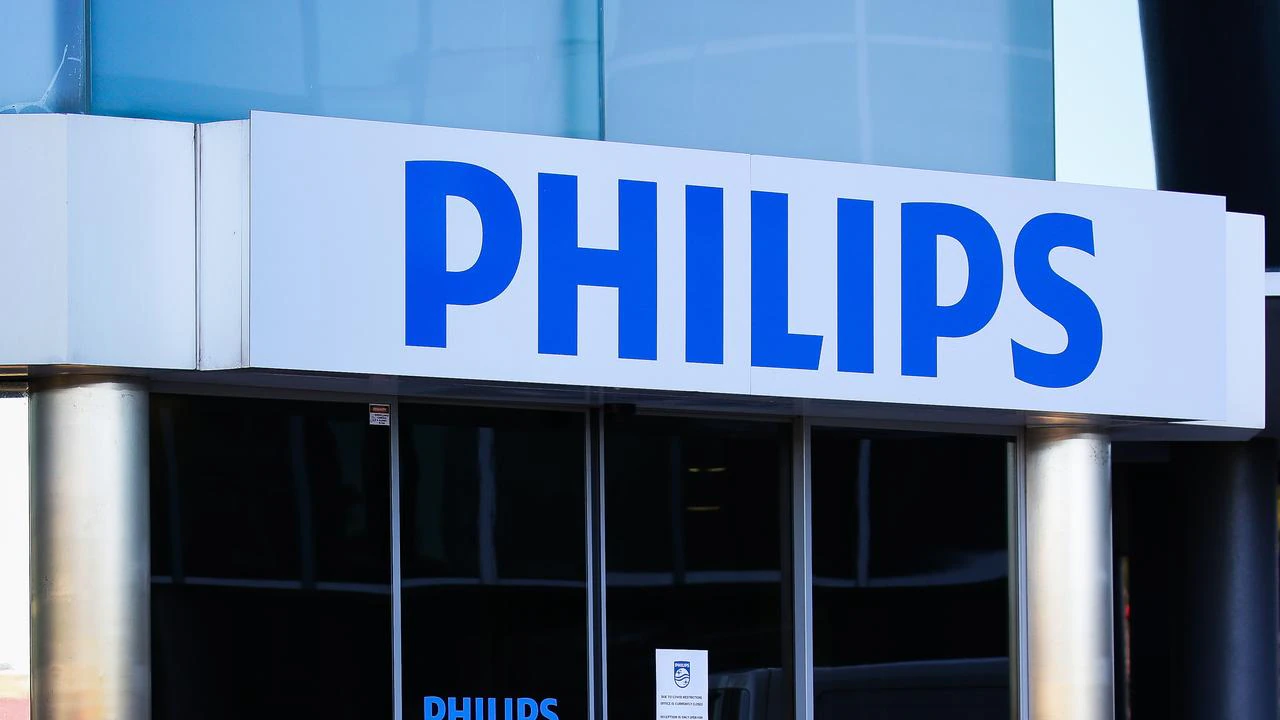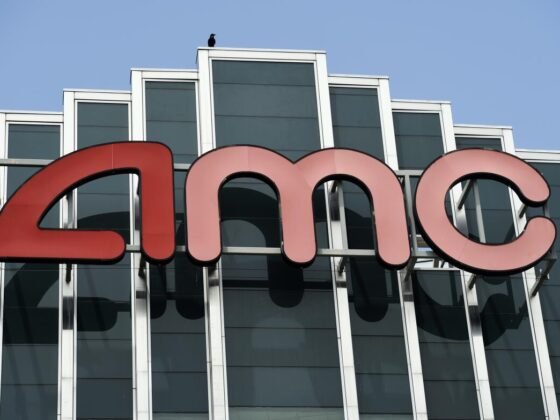
Dutch health technology company Philips said on Monday it would scrap 6,000 jobs to restore its profitability following a recall of respiratory devices that knocked off 70% of its market value.
Half of the job cuts will be made this year, the company said, adding that the other half will be realised by 2025.
The new reorganisation comes on top of a plan announced last October to reduce its workforce by 5%, or 4,000 jobs, as it grapples with the fallout from the recall of millions of ventilators used to treat sleep apnoea over worries that foam used in the machines could become toxic.
The reduced workforce should lead to a low-teens profit margin, as measured by adjusted earnings before interest, taxes and amortization (EBITA), by 2025, and a mid-to-high-teens margin beyond that year, with mid-single-digit comparable sales growth throughout.
“Philips is not capitalizing on the full potential of strong market positions as it faces a number of significant operational challenges,” new Chief Executive Officer Roy Jakobs said.
The simplified organization should also improve patient safety and quality and supply chain reliability, he added.
The company will continue to invest 9% of sales in research and development, but will focus on “fewer, better resourced, and more impactful projects”, he said.
Amsterdam-based Philips also reported fourth-quarter adjusted EBITA of 651 million euros ($707.18 million), nearly stable from 647 million euros a year before.
Analysts in a company-compiled poll on average had predicted core profit would drop to 428 million euros.
Comparable sales edged up 3% in the last months of 2022 as ongoing supply chain problems eased.
A shortage of components has troubled Philips throughout the year, decreasing its sales by 3% over the whole of 2022.
Despite the improvement in the last quarter, Philips said the supply chain remained challenging and would only further improve gradually.
This was expected to lead to low-single-digit comparable sales growth on a high-single-digit margin in 2023, it said.
The outlook excludes the impact of ongoing discussions with the U.S. Department of Justice on a settlement following the recall, and of ongoing litigation and investigations.











